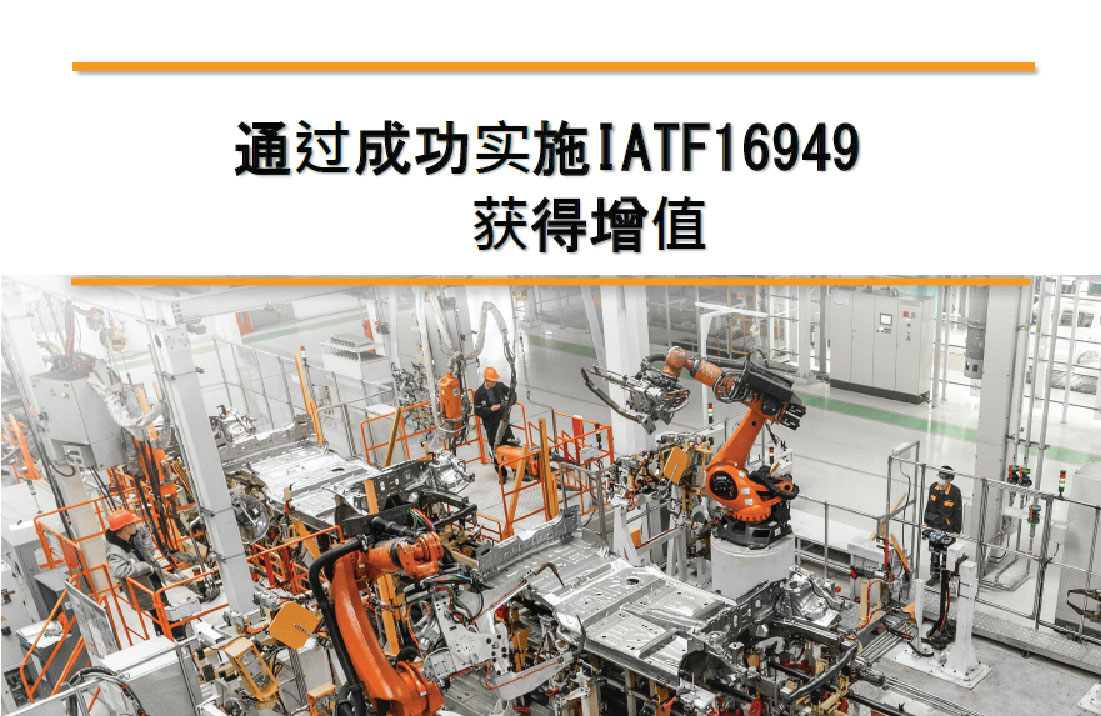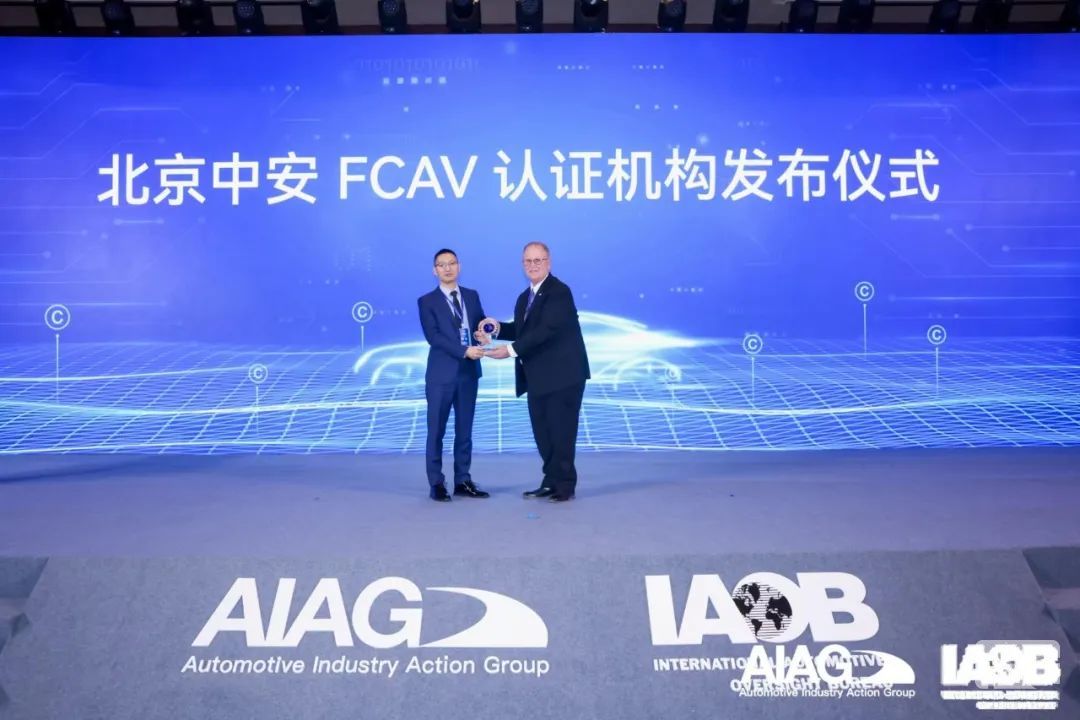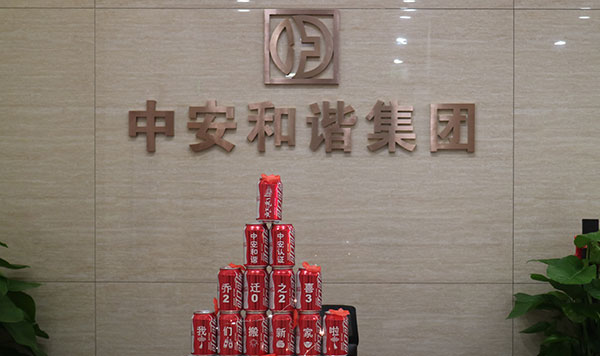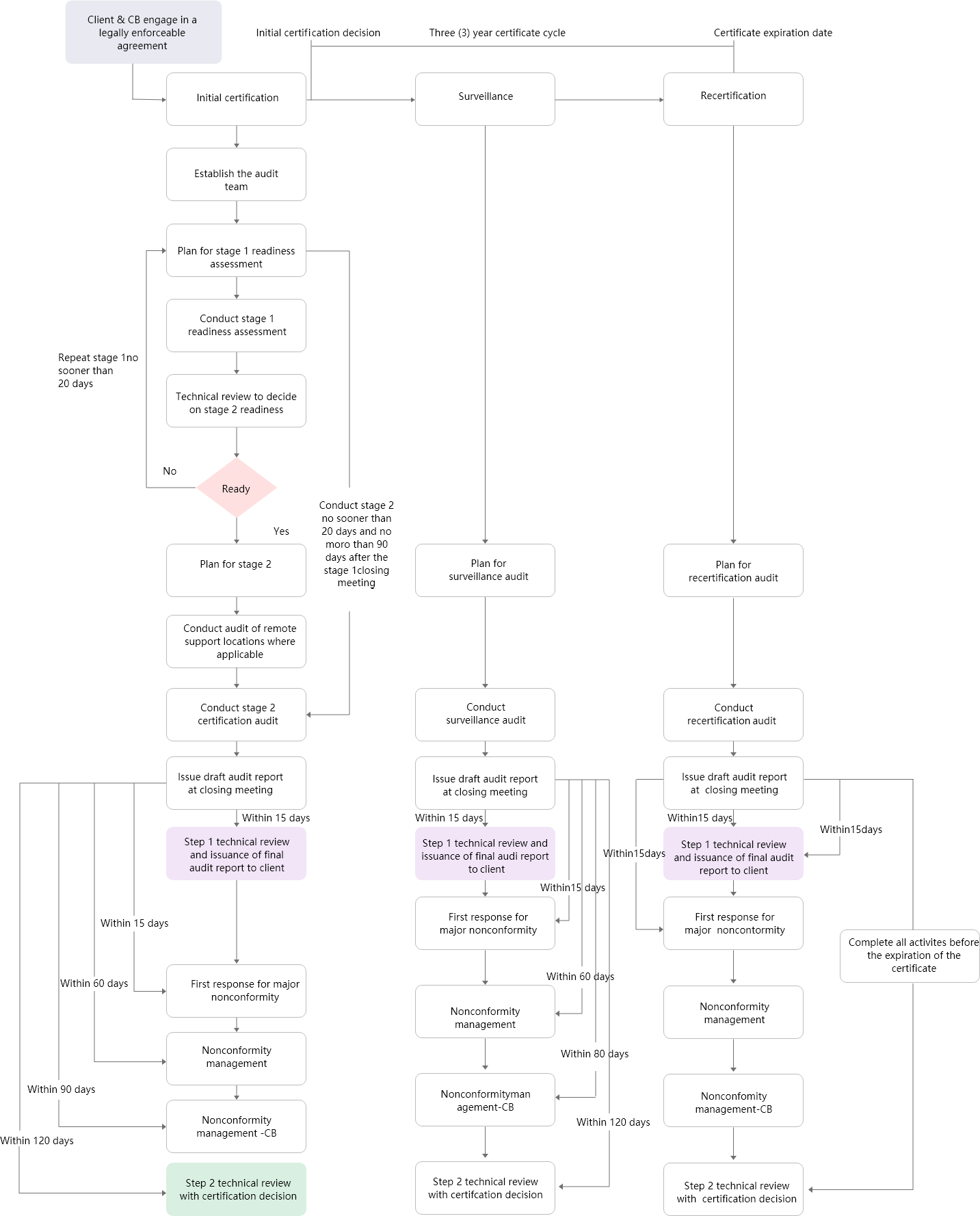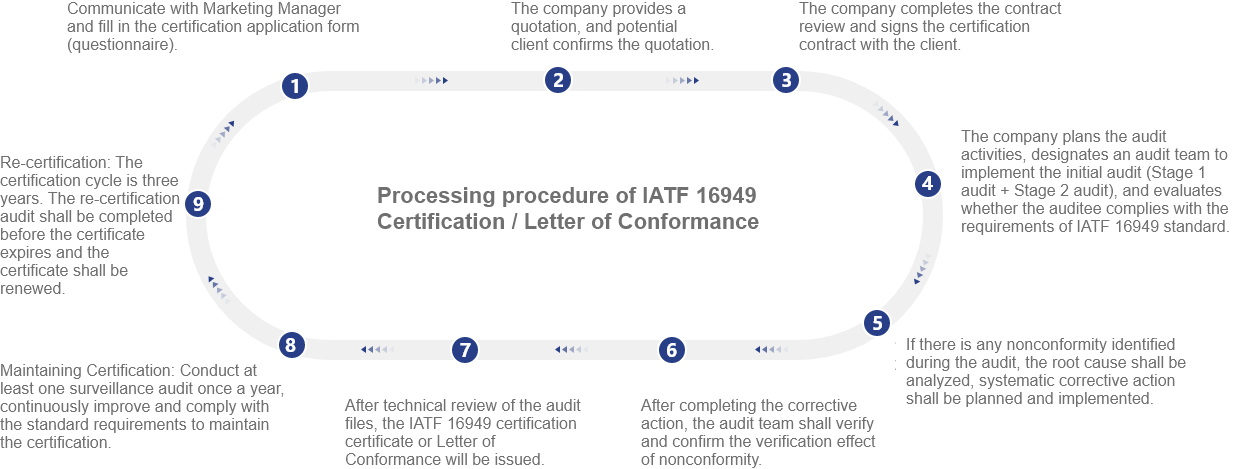Materials required to submit for IATF 16949 certification application:
1.Business license (valid for at least 12 months), invoice information, and qualification license documents (same as those for 9001); if the performance data of automotive parts is less than 12 months, it can be accepted based on a "Letter of Conformance" (valid for 1 year).
2.The quality manual and procedure documents shall cover all processes within the scope of the proposed certification, and the descriptions of the planned processes in different documents shall be completely consistent.
3.Organization structure chart, function allocation table, list of identified processes and their interactions (if included in the quality manual, no need to provide separately).
4.Production process flow chart (manufacturing procedures), including the interrelationship of outsourcing processes (please note) and support location (if any).
5.Performance KPI achievement data and trends for at least the last 12 months.
6.A list of automotive customers and their corresponding supplier codes. If there is any new customers added in the past 12 months, please inform us which ones are the new customers (Please ensure accuracy. If there is any inconsistency occurs in on-site verification, additional audit days may be required).
7.Automotive Customer Satisfaction Analysis Report / Scorecard
8.Automotive customer complaints and relevant handling records in the recent 12 months (if applicable)
9.Customer special status in the latest 12 months (applicable to OEM customers).
10.Internal audit report and management review report in the latest 12 months.
11.Customer Special Requirements (CSR) or matrix list (corresponding to relevant processes; additional audit days may be required if any inconsistency is found during on-site verification), along with the corresponding source documents (e.g., quality agreements, supplier manuals, framework contracts/ product development agreements, etc.).
12.Documents on internal auditor qualification requirements and the list of qualified internal auditors.
13.Calibration reports of measuring instruments (sampling based on square root of total quantity), test reports of special equipment (if any) (sampling based on square root of total quantity).
14.Number of personnel covered: Required to declare according to the actual number of personnel, which shall not be lower than the number of personnel in social insurance and the number of personnel covered by the CNCA QMS certification (unless applying for "separation of personnel and days"), as well as the number of personnel declared on the enterprise website.
15.IATF transfer application: Required to provide CCAA transfer statement (if applicable), audit reports, non-conformity reports, rectification verification documents and certificates in Chinese and English within the previous 3-year cycle.
16.Application form ZAZH-FM-01: Complete the relevant contents, signed/stamped, and provided in Word document.
